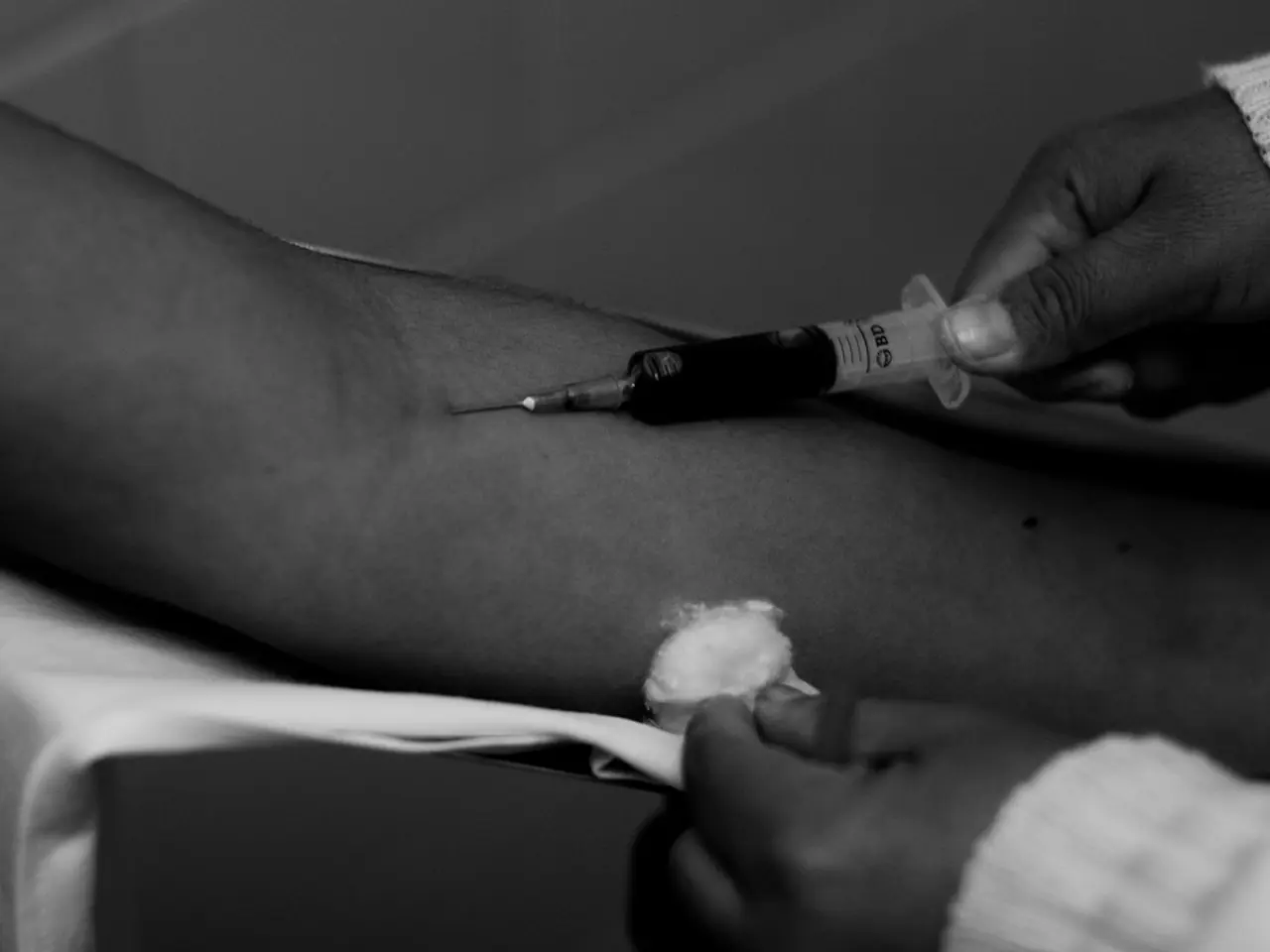High Court Decision Regarding Marketing for Cosmetic Procedures - Court of Justice Decides on Marketing of Cosmetic Surgery Procedures
Aesthetify's Advertising Ruling Sets Precedent for Influencer Marketing in Germany
In a significant development for the beauty industry in Germany, the Federal Court of Justice (BGH) has handed down a landmark ruling in the case I ZR 170/24 involving Aesthetify, a company offering minimally invasive treatments such as Botox and hyaluron injections, and nose corrections.
Key points of the ruling (case I ZR 170/24):
- Context: The case centers on advertising practices by influencers who promote beauty procedures, especially minimally invasive aesthetic treatments.
- Legal concern: The court examined whether influencer advertising for such medical cosmetic treatments complies with German legal requirements, mainly the Heilmittelwerbegesetz (HWG, German law on advertising of medicinal products and medical procedures) and basic consumer protection rules.
- Specifics of the case: Aesthetify, a platform operated by Dr. Rick and Dr. Nick, faced scrutiny for advertising nose corrections and other minimally invasive treatments through influencers whose promotions might blur professional boundaries and transparency requirements.
- Court’s decision: The BGH ruled that advertising for medical beauty interventions by influencers must meet stringent standards:
- Any promotional content must be clearly identifiable as advertising.
- Claims must not be misleading or create unrealistic expectations.
- Medical treatments like Botox or hyaluron injections require special care in advertising since these are medical procedures, not mere cosmetic products.
- Influencers must disclose their relationship to the medical providers transparently.
- Impact: The judgment emphasizes the importance of consumer protection in cosmetic medical advertising. Influencer marketing related to such procedures is not per se prohibited but must respect strict legal transparency and truthfulness standards, especially when medical interventions are involved.
Summary
This landmark ruling clarifies that influencer advertising for minimally invasive cosmetic medical procedures in Germany is highly regulated. Medical service providers and influencers must ensure clear, transparent advertising that aligns with healthcare advertising laws, to avoid misleading consumers.
If you need further details or the full text of the judgment, it is recommended to consult legal databases or the official Federal Court of Justice publications, as such court decisions often provide in-depth legal reasoning and set important precedents for future advertising by medical influencers in Germany.
- In light of the Aesthetify's Advertising Ruling, it is crucial for vocational training programs in Germany to focus on understanding the nuances of healthcare advertising laws, particularly for medical cosmetics, to enable influencers to comply with the stringent transparency and truthfulness standards.
- The rise of fitness and exercise-focused vocational training in EC countries should also include courses on the advertising regulations of therapies and treatments to ensure accuracy and compliance in marketing practices for influencers promoting medical-conditions related products and services.
- As health-and-wellness industries evolve globally, vocational training curriculums should prioritize the study of science, including medical ethics, to promote ethical and effective advertising practices in the field of minimally invasive aesthetic treatments to protect consumers' health and wellness.




